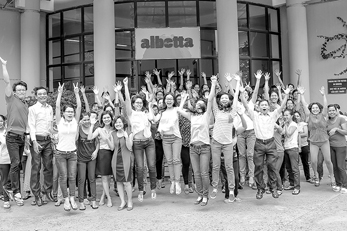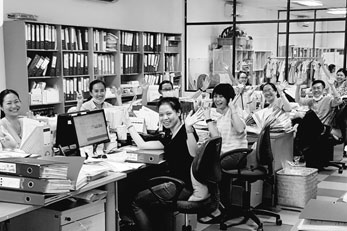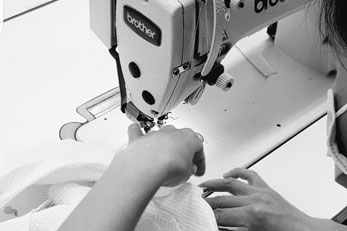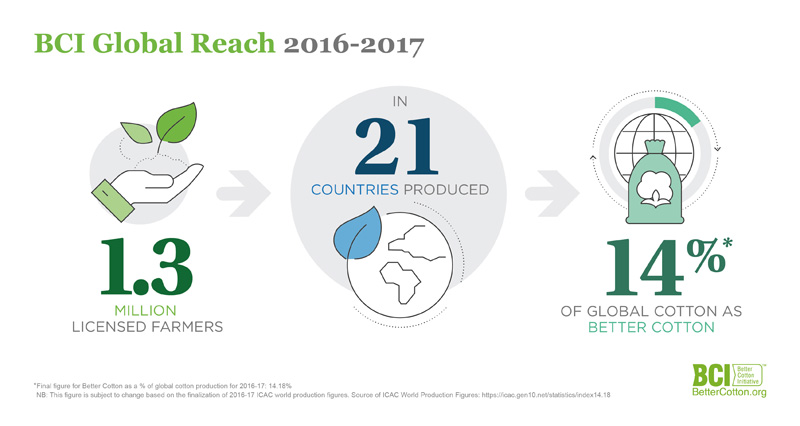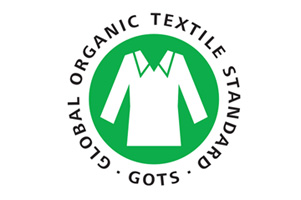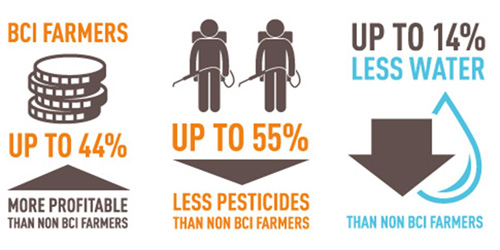PEOPLE
A large proportion of workers in the garment sector are hired on an informal basis which means they are not protected by the law, much of the time are paid below the minimum wage, have no social or medical security and are forced to do excessive overtime.
When we first started Albetta we decided to make things ourselves because we believed it was the best way to provide our staff with a great working environment where they could benefit from interesting and variable work and receive good wages, benefits, medical insurance and a pension plan.
The Albetta factory complies with the principles of the Ethical Trade Initiative (ETI) which promotes workplaces that are free from exploitation and discrimination where workers enjoy conditions of freedom and security and equity. The ETI works closely with the International Labour Organisation to set standards and limits on working hours and overtime, health and safety conditions in the workplace, minimum working age, human rights and trade unions, wages and benefits. Every couple of years we undergo a SMETA audit which checks whether we are conforming to these principles. Our last audit was conducted in March 2023 and the results are freely available to our clients.
